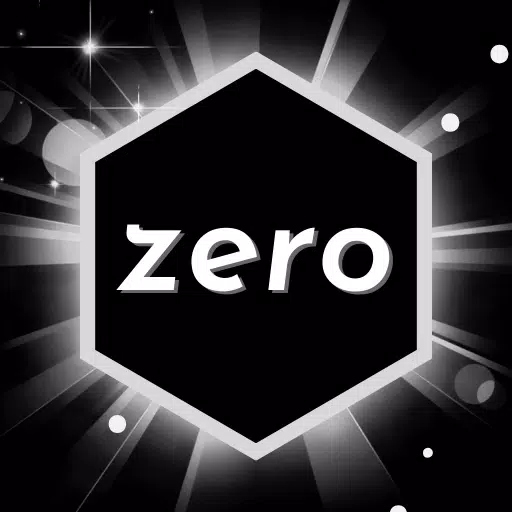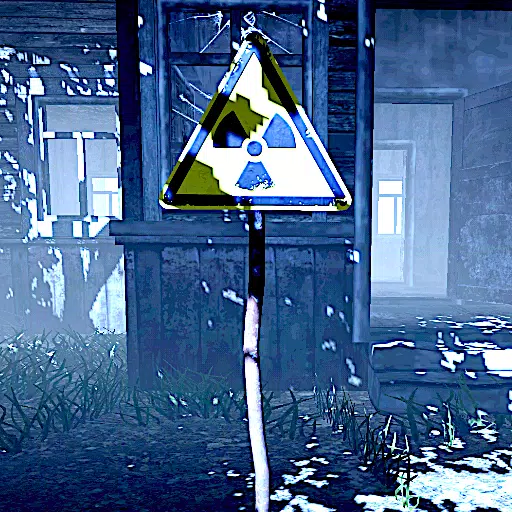Board Game Buyer's Guide for 'Resident Evil'
Steamforged Games' board game adaptations of popular video game franchises include Monster Hunter, Devil May Cry, Sea of Thieves, Gears of War, and the upcoming Elden Ring. This article focuses on their Resident Evil trilogy: Resident Evil, Resident Evil 2, and Resident Evil 3.
Released in 2019, 2021, and 2023 respectively, these games share similar mechanics. Up to four players navigate treacherous environments – dark corridors, burning streets, and sinister labs – reliving the stories of each game. Highly detailed miniatures represent both the horrifying creatures and the survivor heroes.
Featured Games & Expansions:
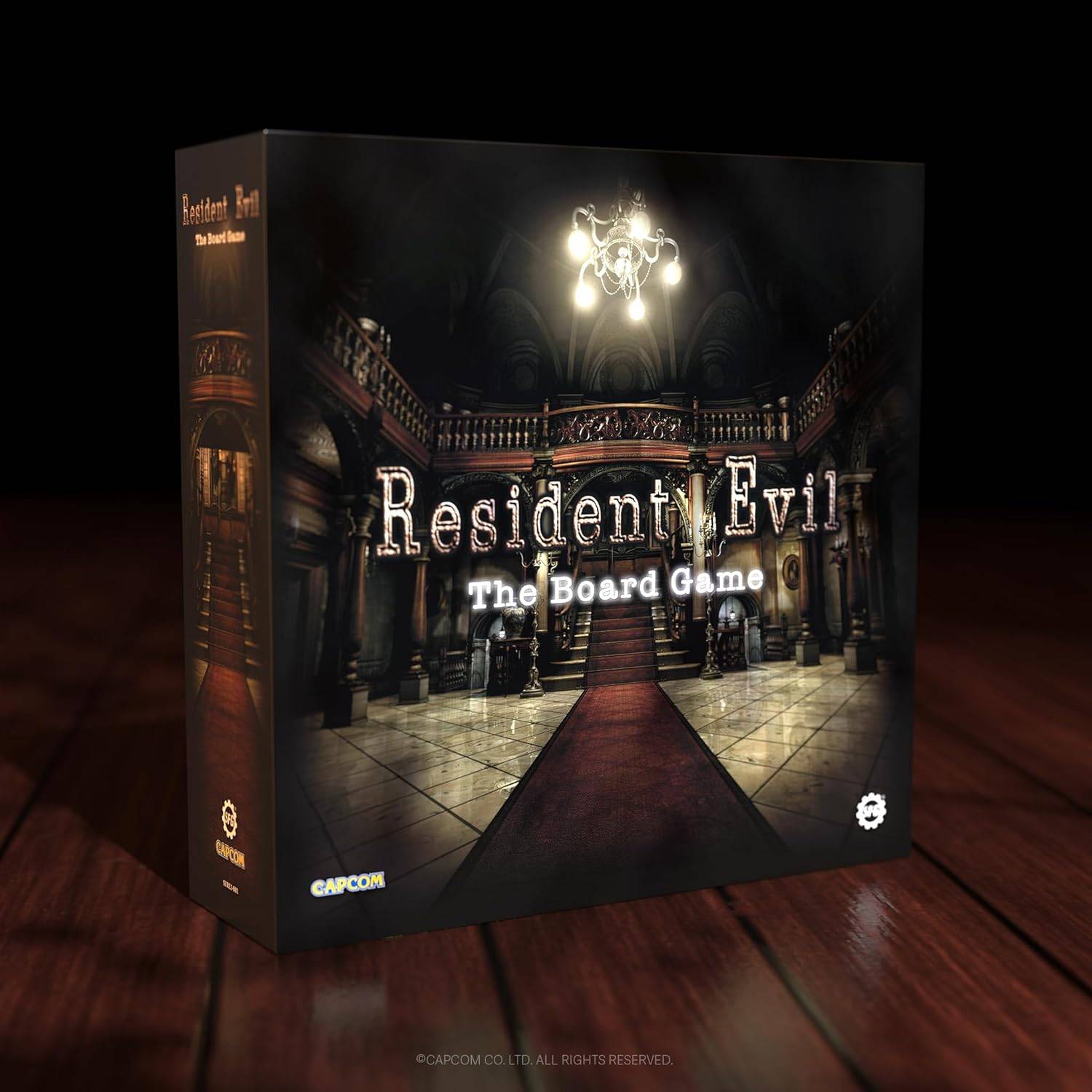
Resident Evil: The Board Game
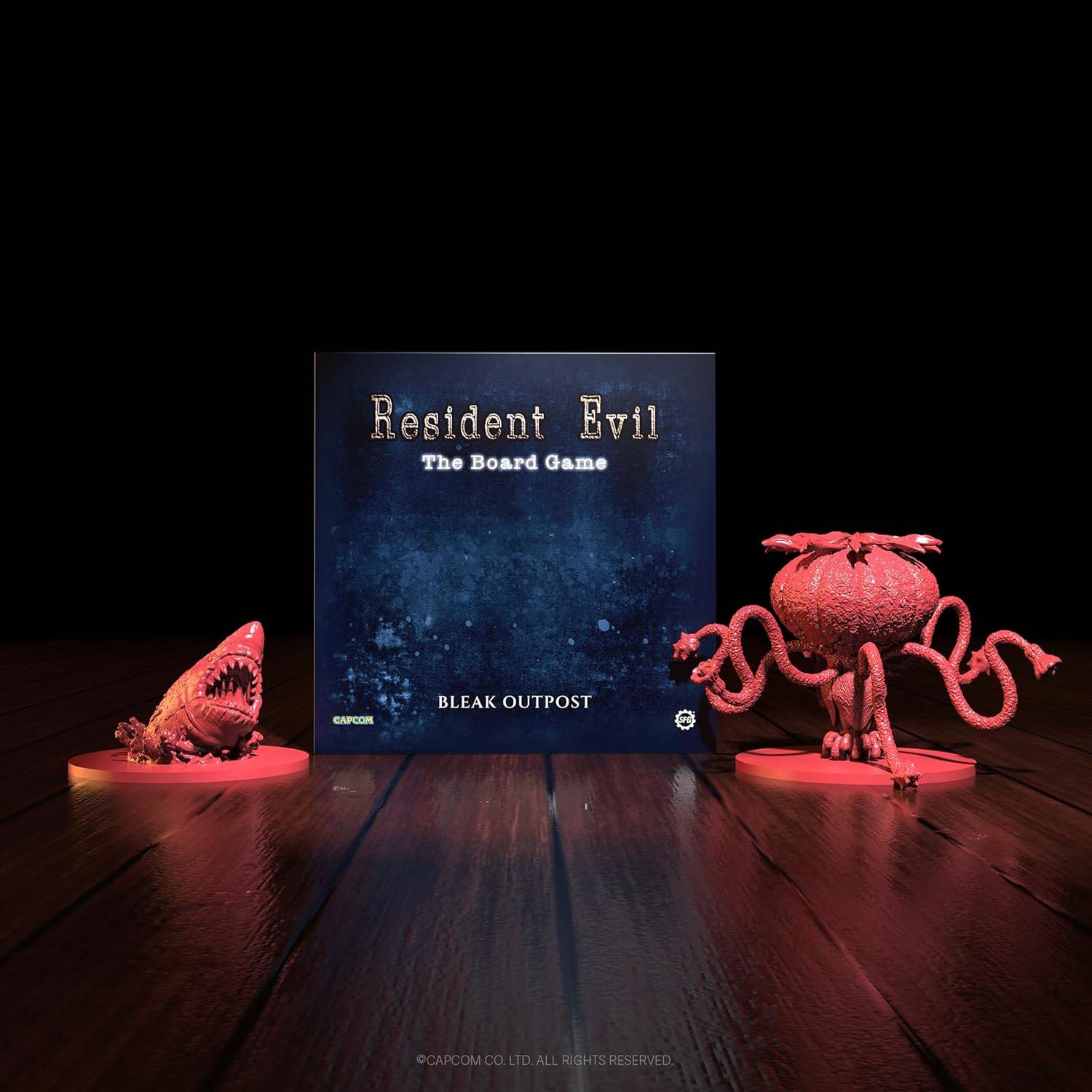
Resident Evil: The Bleak Outpost
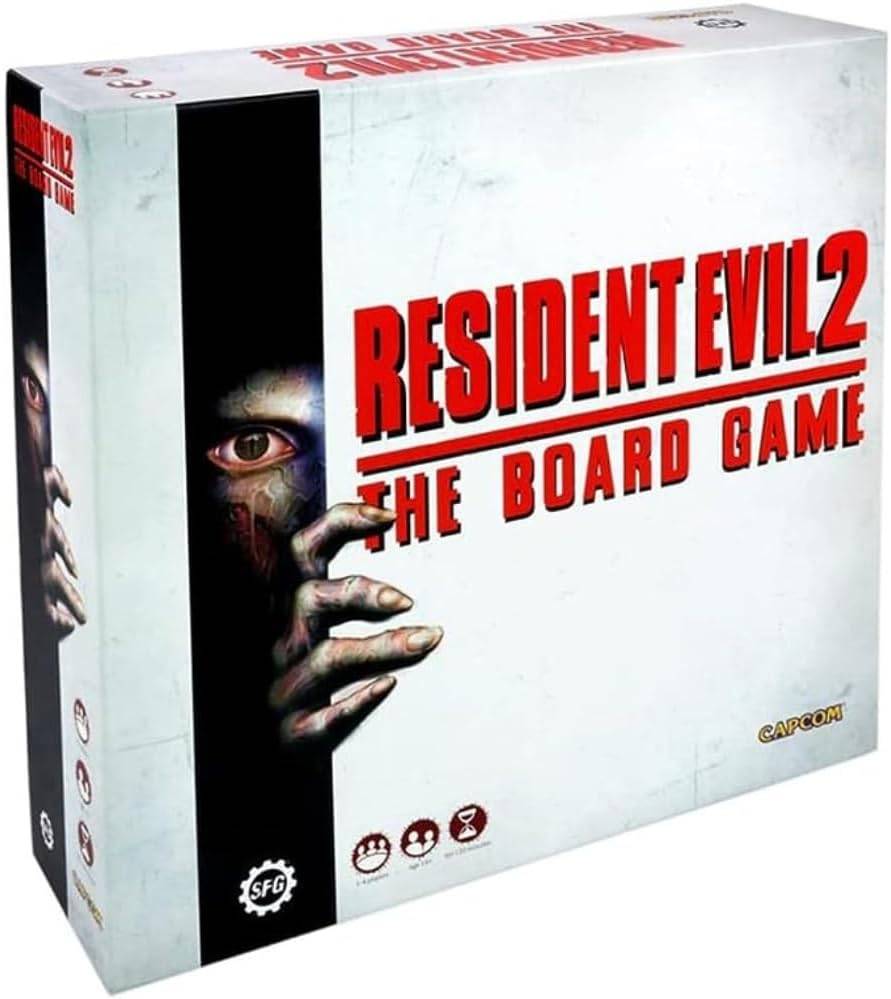
Resident Evil 2: The Board Game
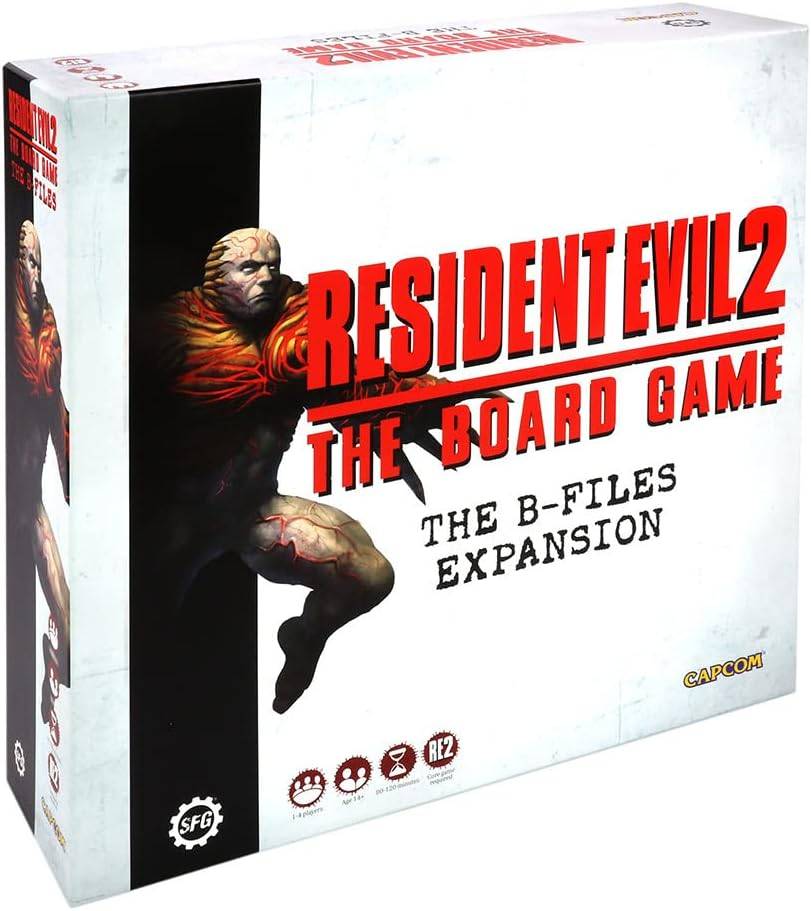
Resident Evil 2 The Board Game: B-Files Expansion
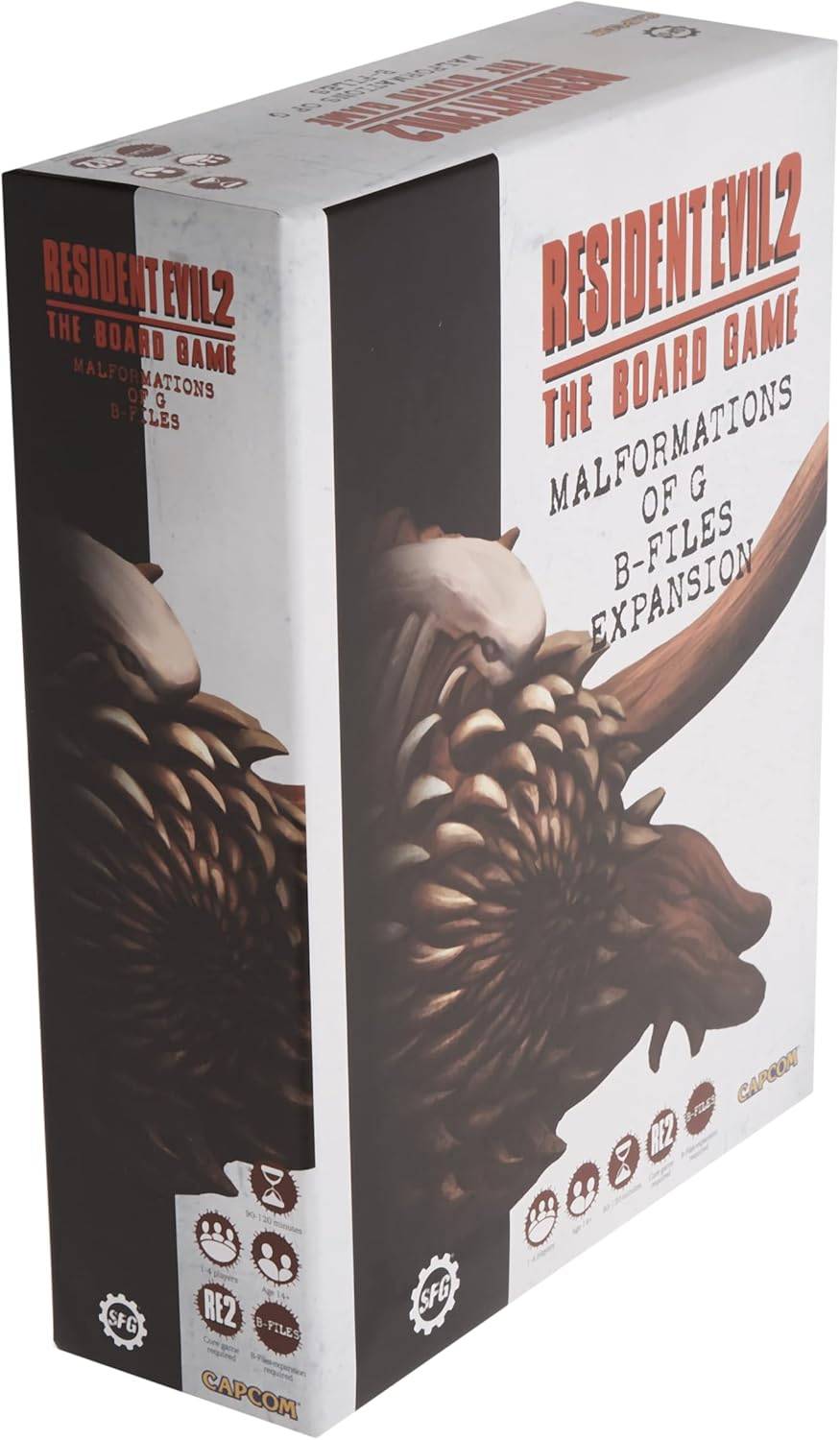
Resident Evil 2: The Board Game - Malformations of G B-Files Expansion
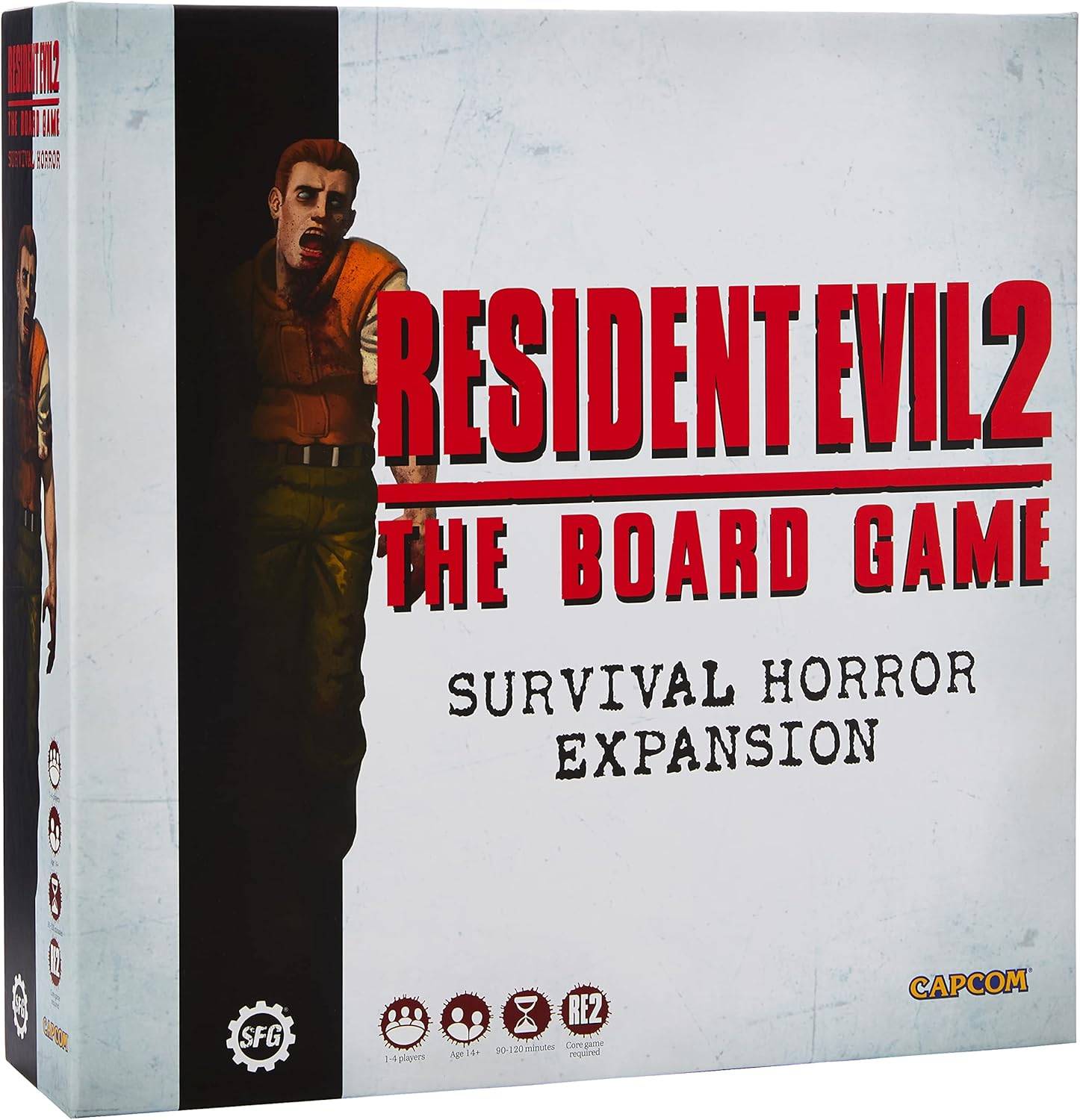
Resident Evil 2 The Board Game: Survival Horror Expansion
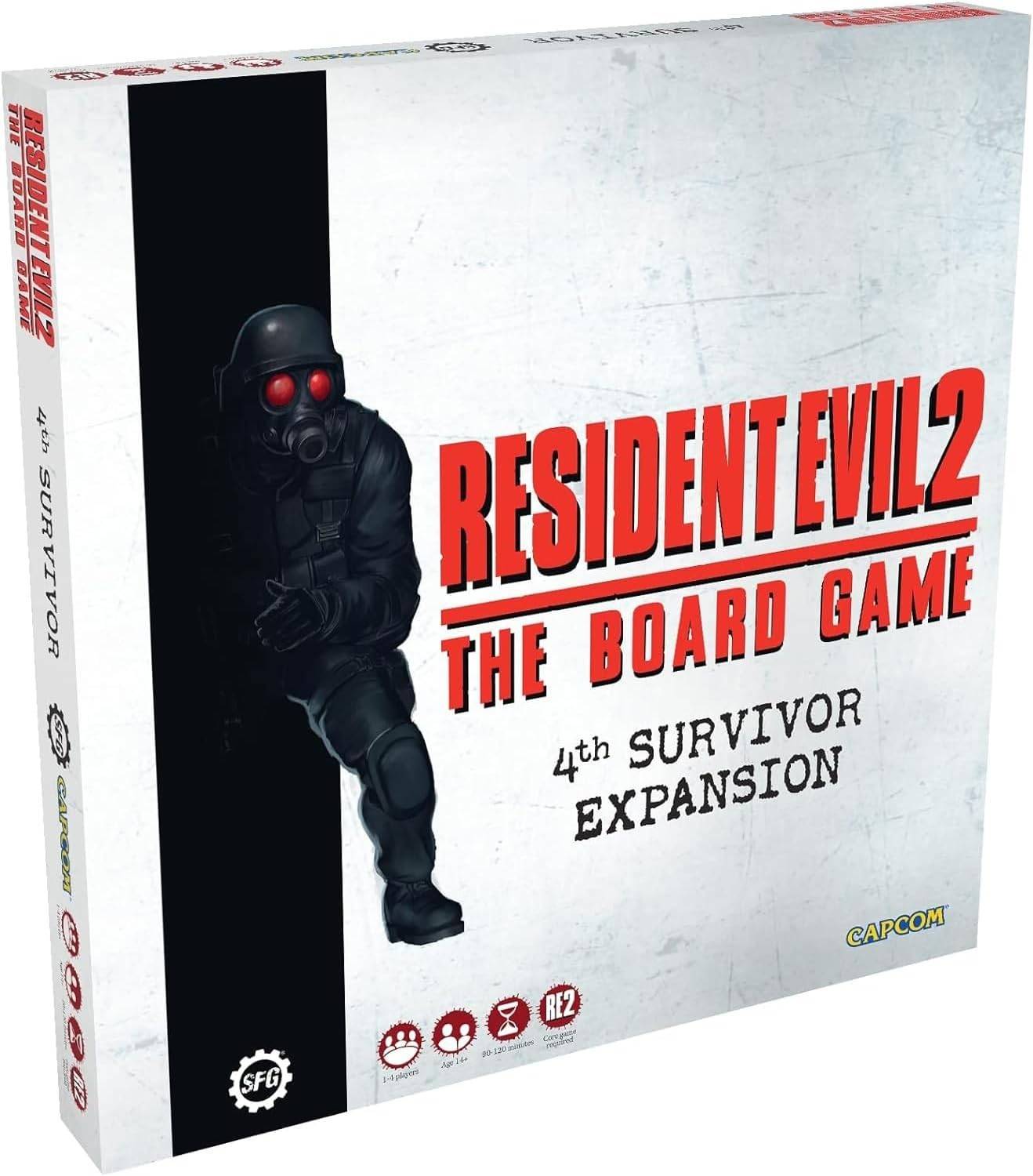
Resident Evil 2 The Board Game: - 4th Survivor Expansion
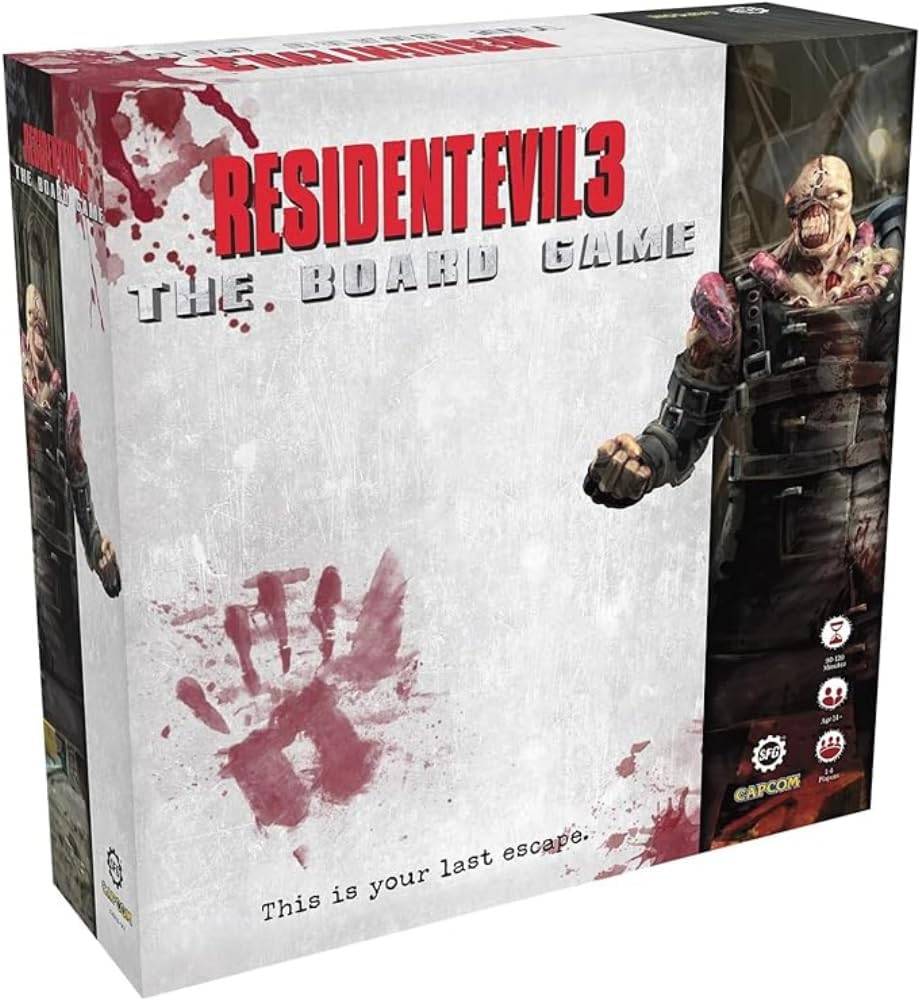
Resident Evil 3: The Board Game
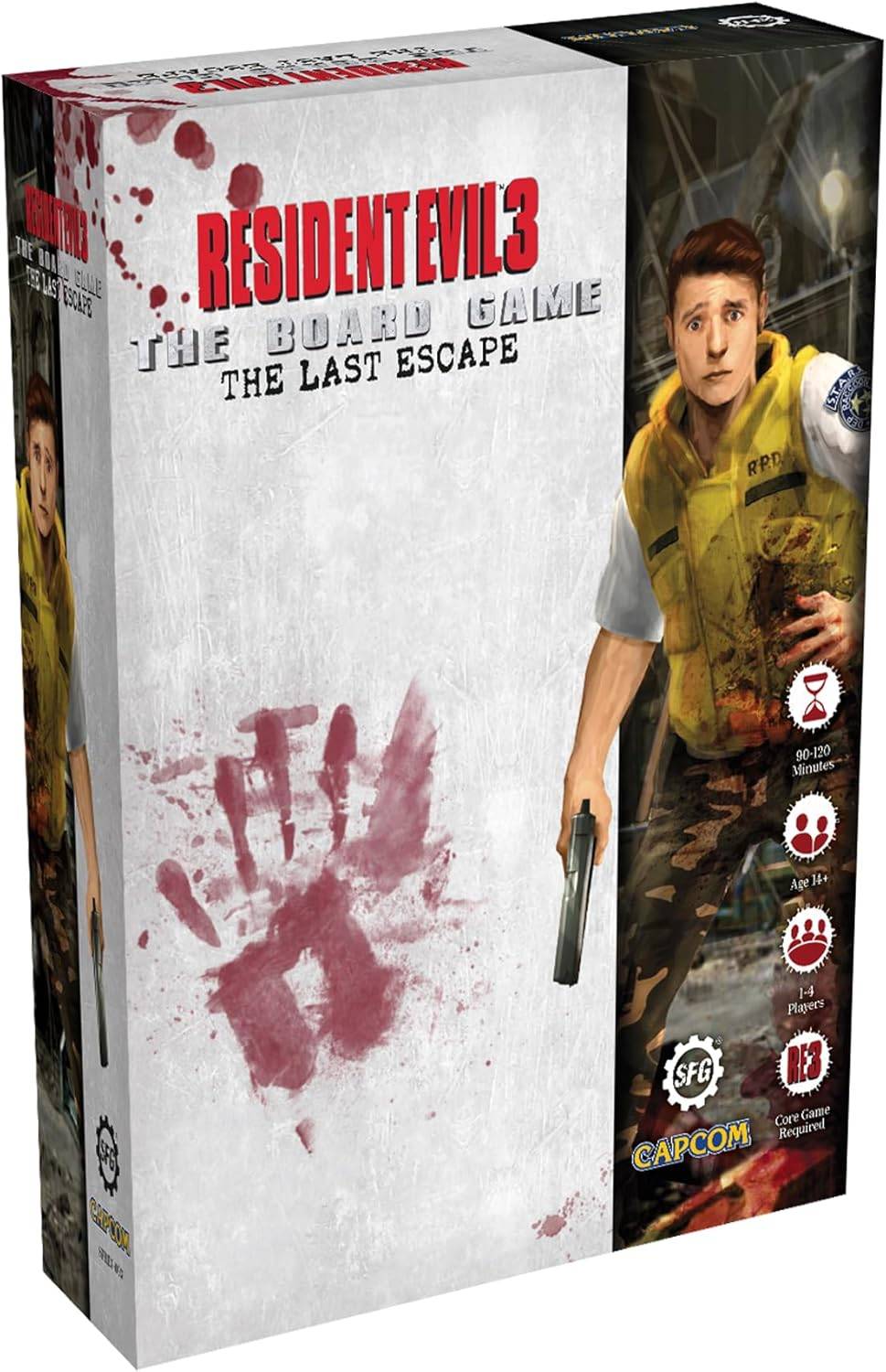
Resident Evil 3: The Last Escape Expansion
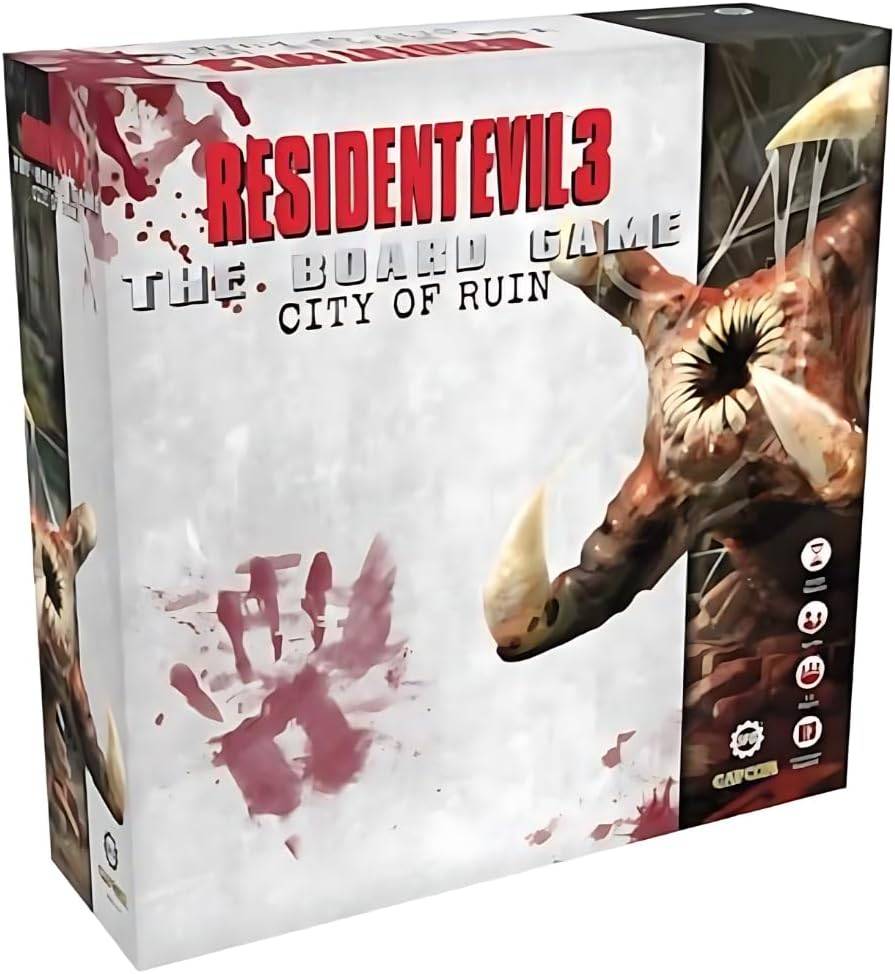
Resident Evil 3 The Board Game: City of Ruin Expansion
Gameplay involves three phases per turn: Action, Reaction, and Tension. Players have four actions: move, manipulate doors, search, trade, use items, or attack. Enemies react, moving or attacking, requiring dice rolls to evade. The Tension phase draws cards with varying consequences.
Combat uses dice rolls against weapon stats and abilities. Successful attacks might kill enemies, push them back, or miss entirely. Shooting attracts enemies from adjacent rooms (if doors are open). This system emphasizes strategic decision-making.
Each game features multiple scenarios playable as standalone experiences or a linked campaign. Levels are built using tiles with tokens representing doors, items, and other elements. Inventory, health, and other data carry over between scenarios in a campaign. One-off games provide starting gear and information.
The series allows for crossover between games. Characters and scenario tiles can be mixed and matched, offering replayability.
Resident Evil: The Board Game (2023): This refined entry improves upon its predecessors. Players explore the Spencer Mansion, using support characters (Albert Wesker, etc.) for special missions. The flexible narrative allows for varied room exploration order. The use of cards instead of paper improves setup. Killed zombies remain, requiring kerosene to burn their bodies and prevent reanimation as Red Zombies.
Resident Evil 2: The Board Game (2019): The original in the Steamforged series, it features Leon, Claire, Ada, and Robert Kendo against Lickers, Zombie Dogs, and Birkin across eight scenarios. It lacks the refinements of later entries, with darker tiles and some assembly issues. Gameplay remains engaging, demanding strategic planning.
Resident Evil 3: The Board Game (2021): Building on RE2, it offers a more open-ended campaign flow. Players choose from Jill, Carlos, Mikhail, or Nikolai, each with unique skills. The Danger Tracker reflects increasing city deterioration, impacting gameplay. The Narrative deck adds replayability. The map's paper quality is a minor drawback.
The expansions offer additional scenarios, characters, enemies, items, and gameplay modes, significantly increasing replay value. The Tofu miniature in the Resident Evil 2 4th Survivor expansion is a notable highlight.
Latest Articles



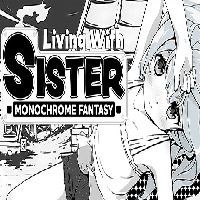

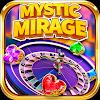






![Roblox Forsaken Characters Tier List [UPDATED] (2025)](https://images.dyk8.com/uploads/18/17380116246797f3e8a8a39.jpg)







